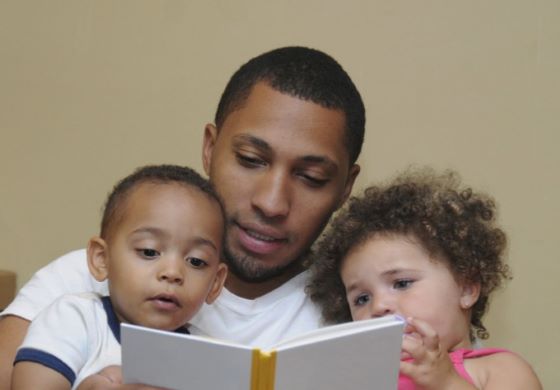 Reading teachers have started the school year already in a crunch, with students’ reading skills at a 20-year low.
Reading teachers have started the school year already in a crunch, with students’ reading skills at a 20-year low.
As educators look for ways to help students gain ground academically, research suggests refining traditional classroom reading groups could help.
As part of an Education Week webinar with educators Thursday, special education professor Matthew Burns talked about how to improve the effectiveness of small-group instruction. Burns, the director of the University of Missouri Center for Collaborative Solutions for Kids, Practice, and Policy, said effective small-group reading instruction can cut across different grades and subject areas, but students should be arranged based on the specific skills they need to hone in comprehension, fluency, phonics, and phonemic awareness—rather than overall reading levels.
It’s a small but critical distinction: It’s not that reading groups are inherently a bad practice, but the way they’ve traditionally been set up by ability groups has the potential to do academic damage.
